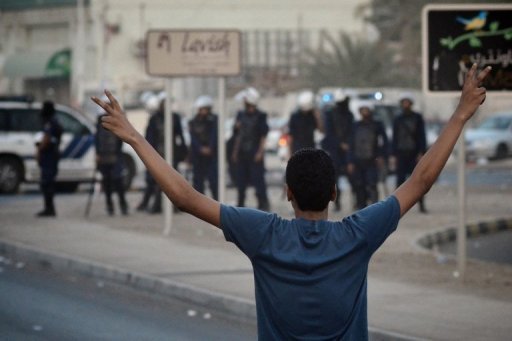CAIRO: A delegation responsible for facets of Egypt’s nuclear program met with officials from the International Atomic Energy Agency (IAEA) in Vienna to present them with status reports on the program for review and approval.
A source at the Ministry of Electricity and Energy told Al-Masry Al-Youm that an Egyptian delegation was in Vienna to discuss Egypt’s nuclear program with IAEA officials on the sidelines of its annual summit.
The delegation consisted of the heads of three departments at the Atomic Energy Authority (AEA): atomic energy, nuclear power stations and nuclear materials. The three department heads are due to meet with the IAEA official who is in charge of the Egyptian nuclear file at the agency.
The discussions will be specifically about a feasibility study on Egypt’s nuclear project. The source said that Egypt completed four of the total 17 reports on its proposed nuclear program, which are to be presented to the agency for review.
Nuclear Scientist and Professor of Nuclear Studies at Helwan University Abdel-Hakim Kandeel told Daily News Egypt that Egypt would very soon need alternative sources of energy, and so nuclear power needs to be developed.
“We need it for electricity, so an Egyptian nuclear program is inevitable, he said.
Kandeel explained that Egypt currently consumes 21,000 megawatts of electricity but that this figure would rise to 63,000 megawatts in the near future. Thus he believes that Egypt should not only build one reactor, but rather a minimum of four, each with a capacity of at least 1,000 megawatts.
As signatories of the Nuclear Nonproliferation Treaty, it was necessary for Egypt to coordinate the program with the IAEA, he said.
“We have signed the nonproliferation treaty and we will coordinate with the IAEA because it is known we require a nuclear program for peaceful means only. We are not Iran, Kandeel said.
The IAEA’s General Conference in Vienna opened Monday. Although five new members – Bahrain, Burundi, Cape Verde Islands, Republic of Congo and Nepal -were admitted to the body, it was Iran’s nuclear program that topped the agenda.
IAEA chief Mohammed El-Baradie said in his opening statement that Iran would alleviate the concerns of the international community if it cooperated fully with the agency and gave assurances that its program did not include weapons building.
The head of Iran’s Atomic Energy Organization, Gholam Reza Aghazadeh, attended the conference and met with the head of the Russian Federal Atomic Agency Sergei Kiriyenko on the sidelines of the summit. Neither commented on what was said at the meeting, but Russian company Atomstroiexport is building Iran’s first nuclear power plant in Bushehr.
The general trend in the region is seeing “moderate Middle East nations exploring uses of nuclear power and reigniting long buried nuclear plans.
Egypt’s nuclear program has been on and off for 30 years at Al-Dabaa’, the proposed site of Egypt’s first nuclear reactor. The site was once again mentioned at the ruling National Democratic Party’s annual conference in September 2006, where it was declared that Egypt would enter the nuclear age.
Kandeel said that nuclear power could also be used to desalinate sea water, necessary for certain areas of Egypt that are not located on the Nile, and advised that Egypt should build breeding reactors, which he felt were the safest.
Earlier this week, the United States signed an agreement with Jordan to support its peaceful development of nuclear energy. The agreement was also signed on the sidelines of the Vienna summit by American Secretary of Energy Samuel Bodman and Jordanian Minister for Scientific Research Khaled Toukan.
The US Embassy in Jordan released a statement which said “the two countries will work together to develop requirements for appropriate power reactors, fuel service arrangements, civilian training, nuclear safety, energy technology and other related areas.
Although all the countries state they are exploring only peaceful means of harnessing nuclear power, the kick-starting of many a nuclear program has coincided with Iranian intentions to develop its nuclear technology. Again Iran declared its program peaceful, but concerns that it is a cover for creating a bomb still persist.

